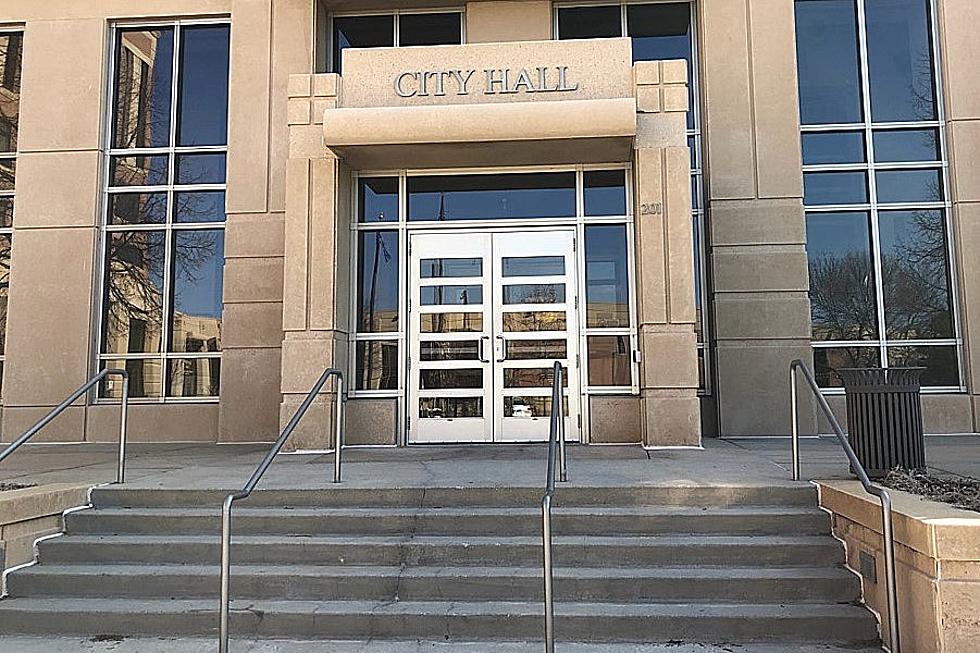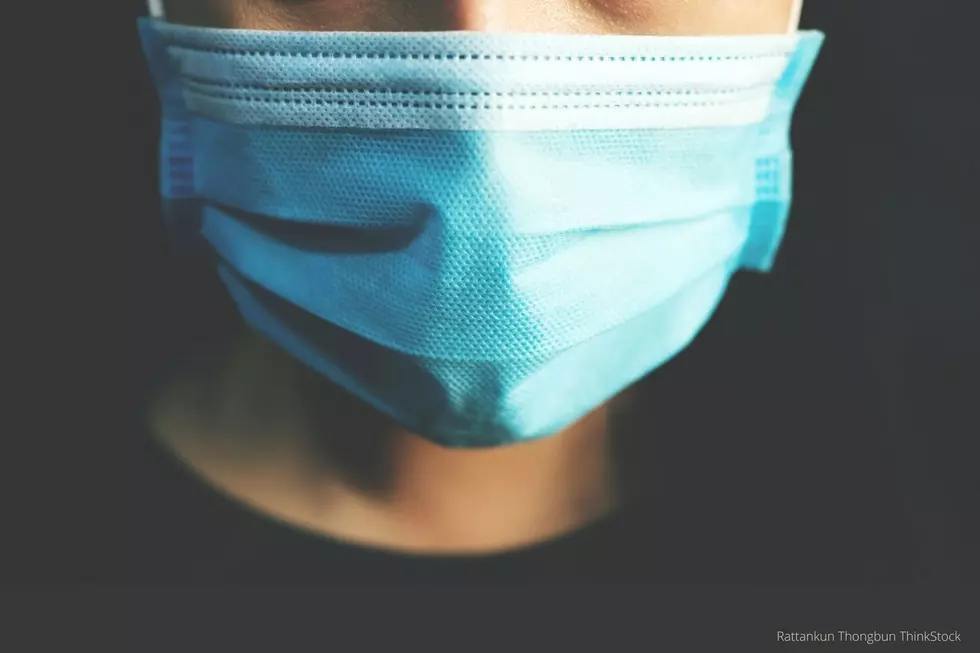
Minnesota Researches: Pets Might Eventually Need A COVID Vaccine
Last week the CDC updated information on their site about the risk of animal to human transmission of COVID-19. They said, "At this time, there is no evidence that animals play a significant role in spreading SARS-CoV-2, the virus that causes COVID-19, to people." and "based on the limited information available to date, the risk of animals spreading COVID-19 to people is considered to be low." But they also warn, "people with suspected or confirmed COVID-19 should avoid contact with animals, including pets, livestock, and wildlife."
Scientists from two universities in the UK and the University of Minnesota are tracking the virus's evolution and have proposed a vaccine for pets in the future to stop the virus from mutating even more. Kevin Tyler, editor-in-chief of Virulence, a peer-reviewed medical journal, told livescience.com, "It is important to stress that we are not seeing onward transmission in cats or dogs at the moment and there is no need for owners to consider vaccinating their pets right now, but we should be prepared for that as a possibility at some stage."
Cock van Oosterhout, a professor of evolutionary genetics at UEA, told The Metro: "It is not unthinkable that vaccination of some domesticated animal species might be necessary to curb the spread of the infection."
Would vaccinating pets help stop the spread in humans? The USDA doesn't think so - at least not at this time. They told Science magazine "data do not indicate such a vaccine would have value. Companies are still free to do research and development on these vaccines but without a license, they can't sell or distribute them.
Here's how you can sign up to get the COVID-19 Vaccine in Minnesota.
LOOK: The least obedient dog breeds
More From Fun 104










